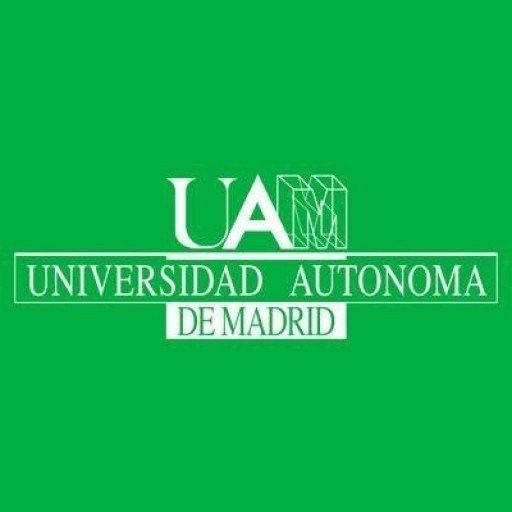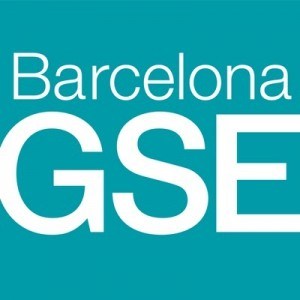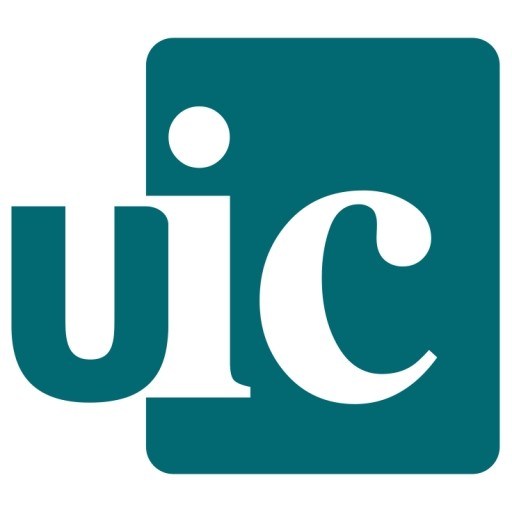Photos of university
The Bachelor's Degree in Biomolecules and Cell Dynamics at the Autonomous University of Madrid offers students a comprehensive education in the fundamental processes governing biological systems at the molecular and cellular levels. This program is designed to provide a deep understanding of the structure, function, and interactions of biomolecules such as proteins, nucleic acids, lipids, and carbohydrates, as well as the dynamic processes that sustain life. Students will explore the mechanisms underlying cell behavior, communication, division, and differentiation, gaining insight into how these processes influence health and disease. The curriculum combines theoretical knowledge with practical laboratory skills, enabling students to conduct experiments, analyze data, and apply scientific techniques in real-world contexts. Throughout the program, students will learn about cutting-edge topics like molecular genetics, biochemistry, cell biology, and biotechnology, preparing them for careers in research, healthcare, pharmaceuticals, and biotechnology industries. The program also emphasizes critical thinking, problem-solving, and scientific communication, vital skills for advancing in scientific careers or pursuing postgraduate studies. With access to modern laboratories and research facilities, students will engage in hands-on projects that foster innovation and a thorough understanding of biological systems. Graduates of this degree program will be equipped to contribute to scientific advancements and address biological challenges, improving health outcomes and advancing biotechnological applications. The program fosters an interdisciplinary approach, integrating knowledge from chemistry, biology, and technology to develop well-rounded professionals capable of working in diverse scientific environments. Upon completion, students will be prepared to pursue further specialization or enter the workforce in academic, industrial, or clinical settings, contributing to the development of new solutions in biomolecular research and cellular sciences.
- Critical analysis of scientific literature. Applied statistics for Molecular Biosciences
- Understanding biomolecules
- Understanding Cell Dynamics
- Gene expression
- Genome replication, repair and instability
- Cell signalling
- Cell migration and adhesion
- Molecular mechanisms of trafficking and intracelular compartmentation
- Molecular Genetics in Model Systems
- Systems biology and High-throughput data analysis
- Current topics in Developmental Biology
- Functional and Applied Virology
- Biomolecular Nanomachines
- Master's Final Dissertation
Requirements
- Official university qualification such as an undergraduate degree, bachelor’s degree or other equivalent, in one of the following Experimental or Health Sciences: Biology, Chemistry, Biochemistry, Medicine, Biotechnology, Pharmacy, Veterinary, or other similar degrees.
- An official certificate of level of English (IELTS, TOEFL, Cambridge English, OAL-UAM, Linguistic Services Office from your home university etc.) with at least a B2 (or equivalent) level. This doesn't apply for students coming from english-speaking countries/universities/schools.
- Bachelor's diploma
- Transcript of records from the Bachelor's degree
- Average Grade statement (see "Average Grade statement")
- CV (Curriculum Vitae)
- Certificate of level of English (or at least some proof that you'll get it before the enrolment deadline in September)
- ID/Passport
- Elective courses pre-selection form ("Hoja de preinscripción de asignaturas")
- Specific documents required for each master (letter(s) of recommendation/reference etc.).
- FOREIGN STUDENTS ONLY: when their average grade point is not in a 1-to-10 scale, applicants must also submit the ANECA's certificate of average grade equivalence for studies undertaken in foreign countries (see here). Please note that this certificate can take up to 2 months to be delivered, so applicants should request it with enough time in advance.
Scholarships
- Campus de Excelencia Internacional UAM+CSIC
- Fundación Ramón Areces
- General grants of the UAM
- Specific grants for international students at the UAM
The Bachelor's Degree in Biomolecules and Cell Dynamics at the Autonomous University of Madrid is a comprehensive program designed to provide students with a solid foundation in the fundamental principles of molecular biology, cell biology, and biochemistry. The curriculum emphasizes understanding the structure and function of biomolecules such as proteins, nucleic acids, lipids, and carbohydrates, as well as exploring cellular processes like metabolism, signal transduction, and gene expression. The program aims to equip students with practical laboratory skills, critical thinking abilities, and an understanding of current research methodologies used in molecular and cellular biology.
Throughout the course, students engage with both theoretical and practical modules, including laboratory work, seminars, and research projects. This hands-on approach allows students to develop proficiency in techniques such as microscopy, molecular cloning, PCR, electrophoresis, and spectrometry. The program also includes coursework on bioinformatics, biotechnology, and biomedical research, reflecting the interdisciplinary nature of modern biomolecular sciences.
Moreover, the program prepares students for careers in research, healthcare, pharmaceuticals, and biotechnological industries. Graduates are capable of pursuing further studies for specialization or research, or entering the workforce directly into research laboratories, biotechnological companies, or medical institutions. The program is aligned with the latest advances in biosciences, ensuring that students are well-prepared to contribute to scientific innovation and technological development.
The Autonomous University of Madrid provides state-of-the-art facilities and experienced faculty members dedicated to fostering an academically rigorous environment. Students benefit from participating in national and international research collaborations, internships, and conferences, enriching their student experience and professional networks. Overall, the program aims to develop highly skilled professionals with a deep understanding of biomolecular and cellular mechanisms, ready to face the challenges and opportunities in the health and life sciences sectors.





